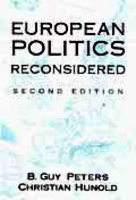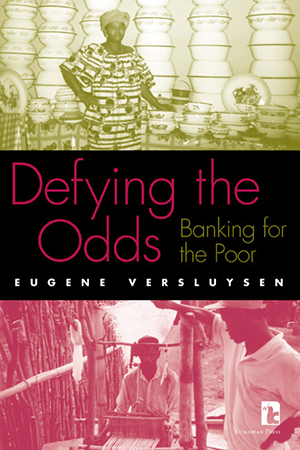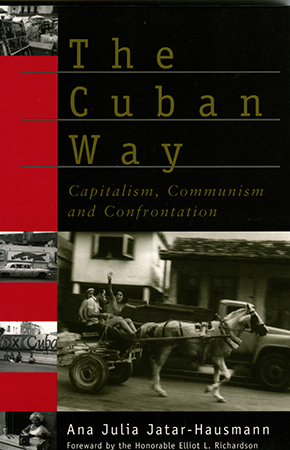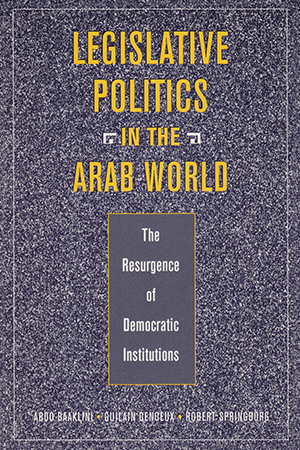BOOKS
In this expanded, updated edition, the authors add a chapter on new structures of parliaments. They also reflect on recent developments in Germany since unification and reactions of most More >
Breaking Cycles of Violence studies how the international community, working with local partners, can effectively pinpoint key breaking points and target resources for societies at risk of More >
This outstanding study focuses on the growth of microfinance in the context of social and economic change—and upheavals—in developing countries. Rather than relying on More >
The Pedagogy of the Earth is a rare collection of ideas and information by some of the finest scientists, development practitioners, public intellectuals, poets, and philosophers around the More >
Combining historical narrative, statistics, and stories of survival behaviors in everyday life, Ana Jatar-Hausmann offers an analysis of economic policies and trends in socialist Cuba at the More >
Famine, Conflict, and Response is a practical guide to finding lasting solutions for famine and world hunger. Frederick Cuny's innovative economic approach to countering famine revolves More >
Echoing the words of the Hippocratic Oath, the author of Do No Harm challenges aid agency staff to take responsibility for the ways that their assistance affects conflicts. Anderson cites More >
The vitality and significance of parliaments in the Arab world is one of the essential—but overlooked—stories of political life in the 1990s. Baaklini, Denoeux, and Springborg More >
Choice Outstanding Academic Book! This award-winning book presents a wealth of ideas for teaching African studies in a variety of disciplines. The authors present a wide range of More >
Questions of identity and ethnicity have always been part of the intricate web of politics in the Arab World, but the recent expansion of political participation has made these issues more More >

















